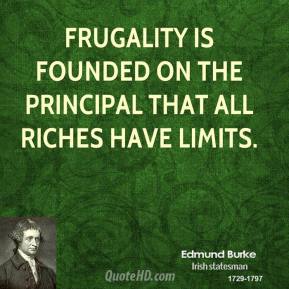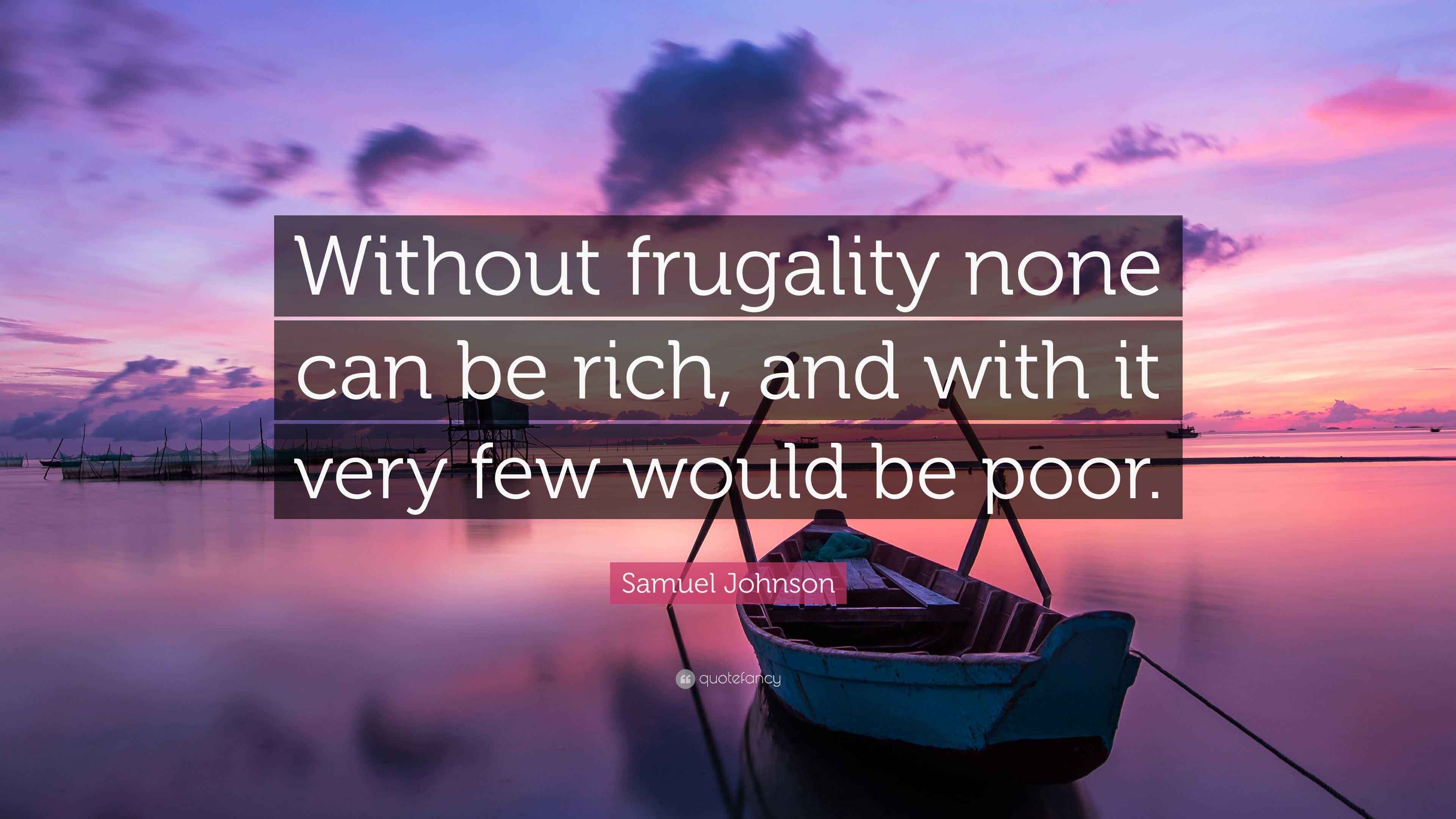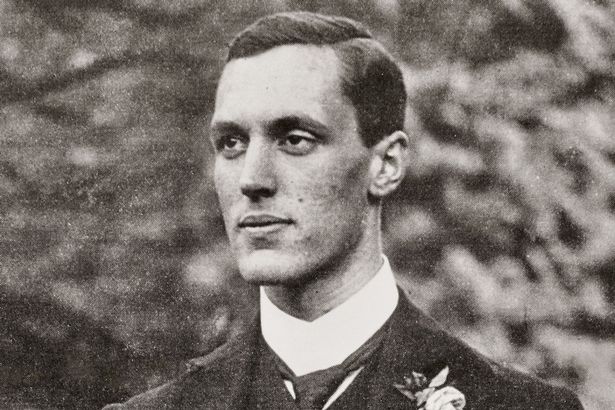- Details
- Written by: Kamran Mofid
- Hits: 12300

‘A deadly force is taking over our world. This is a monster that can do too much harm to be so commonly welcomed into our society, and it goes by the name “Materialism.” The scariest thing about materialism is that it is so easy to fall into, especially in this day and age. So you ask what is materialism? It is a fixation on and love for material objects over actual living things.’…
How Much Is Enough? What is money and wealth for? Why do we as individuals and societies go on wanting more? What is economic growth for? Can we/ should we carry on just growing, creating, producing, consuming,…,more and more, for ever more? Do we need to satisfy our needs or our wants? Should we be a “maximiser” or “satisfier” and choose the path of “enoughness”? Then, what is a good life? What are the main ingredients of a good, happy and peaceful life? Should we move away from Gross National Product (GDP) to Gross National Happiness? What are we here for?
How Much is Enough? Money, Materialism, Frugality and the Good Life

Graham Music, a psychotherapist, has written a book called The Good Life Wellbeing and the new science of altruism, selfishness and immorality. It confirms, through use of data collected by scientists over the last 40 years, what we have all long suspected from anecdote and our own eyes: the materialistic tend to be unhappy, those with material goods will remain unhappy, and the market feeds on unhappiness. It is an outreach programme for personal and political desolation; and it is, so far, an outstanding success. Peel away the images of the gaudy objects and find instead a condition. Reading Vanity Fair, I deduce, is now mere collusion with the broken.
Tim Kasser, for instance, a psychology professor at Knox College, Illinois, notes that if you love material objects, you are less likely to love people and so, of course, the planet. The connection between the rise of materialism and indifference to the environment is not coincidental; nor is the connection between the rise of materialism and growing inequality, and fear of the stranger, which expresses itself here in a despicable loathing for the Roma, for instance, and there in a fashionable fetish for Ukip. Money is a brutalising agent and a paranoiac drug.
And so it drips down, an infection swallowing happiness and peace. Inequality leads to an erosion of trust between people. When you couch a premise in the language of the market, people become more suspicious and less kindly. This is potentially disastrous, as public services are sold and patients find themselves transformed into consumers. In one fascinating study, people were asked to imagine a hypothetical water shortage; those described as "consumers" were less likely to share the hypothetical water than those described as "individuals".
Even the language corrupts. Advertising ratchets up the stress, and places us in imagined competition with each other. It encourages yet more materialism, which follows the paths of drug addiction: it offers a false promise of ecstasy, and it does not work. The more we spend on unnecessary material goods, the less happy we are. Mental illness, narcissism and dissatisfaction instead follow.
Here, then, is a world wrought in the image of Dr No.
"Those with more materialistic values consistently have worse relationships, with more conflict," Music writes. "This is significant if the perceived shift towards more materialistic values in the west is accurate." We cannot say we were not warned.
*The above exerpts are from an article by Tanya Gold which was originally published in The Guardian 7 May 2014
How materialism makes us sad | Tanya Gold | Comment is free | The Guardian
What Does Materialism Do To You?
“A deadly force is taking over our world. This is a monster that can do too much harm to be so commonly welcomed into our society, and it goes by the name “Materialism.” The scariest thing about materialism is that it is so easy to fall into, especially in this day and age. So you ask what is materialism? It is a fixation on and love for material objects over actual living things.
We live in a time where a conversation via iPhone takes precedence over the face-to-face conversation. I mean this in the sense that not only are in-person conversations few and far between, but when they actually do occur, often a person will stop mid-conversation to answer the phone or text someone else. When did this become socially acceptable? On top we obsess about materialistic goods. There is a fine line in enjoying beautiful things and obsessing over them. If you are always looking for owning the latest thing the magazine displays or your favorite celebrity is showing off than you are in a materialistic mode.
What are the negative effects of this? How does it hurt us as people and as a society? The list goes on and on, but here are a few big effects that I hope will at least make you think so you don’t sucked into the materialistic trap.
1. Lost perspective. Materialism warps your brain. It leads you to believe that you should care more about money, clothes, fancy cars, and other superficial items rather than your friends, family, co-workers, etc. This can cause strains in relationships and even tear some relationships apart. You can also lose sight in what you are passionate about and force you into apathy because you are too focused on filling your house up with “stuff” to have the energy to pursue your goals and ambitions.
2. Lost time. If you find love in objects, you spend time with them that you could be spending with actual human beings who have the ability to love you back. You could also be spending this time working towards achieving your dreams instead of sitting on twitter and keeping up with the Kardashians. Trust me, if you spend all of your time watching them, you’ll never keep up with them. Step away from the inanimate objects so you can accomplish your true purpose and have the Kardashians trying to keep up with you.
3. Unnecessary judgment. This one is huge. Materialism causes you to take other people at face value. It encourages you to judge them based solely on the way they dress, the house and car they own, and whether they have the newest gadget. Appearances are deceiving, and you never know a single person simply by assessing the things they own. A person’s worth should never be based on materials, but that is what materialism does. It is completely superficial and does not care about what is on the inside.
4. That green monster. Oh yes, materialism breeds jealousy in every way shape and form. When you are fully materialistic, not only will you judge others based on their possessions, but you will also judge yourself in that way. It is easy to see someone who owns more than you and become instantly jealous, but you don’t know if that person is actually happy. Possessions are not the source of happiness, far from it, but materialism will blind you to that fact and think less of yourself if you don’t have a house like J-Lo’s.
5. Breeds negativity. This one basically sums up all of the above points into one. Nothing good ever comes from fixating on objects that have no true worth. All that does is make people resentful and judgmental – two qualities that I cannot think of in a positive light. If this world needs more of anything, it is positivity, not “stuff.”
As you can see, materialism has many consequences and tends to bring out the nastier, superficial side of people. It evokes isolation, envy, judgment, and pessimism, and who can be happy when surrounded by those traits? It is important to take time every day to step away from those small, irrelevant things and focus on the big picture. Pay attention to what is going to get you where you want to go in your life. I will tell you one thing, no matter what your greatest desire is, personal or professional, material items are not going to get you there. If anything, they will only get in your way.”
*This article was originally posted at iaam: (Self Esteem: 5 Ways Materialism Hurts You - Blog | iaam)
Read also: HOW MATERIALISM IS DAMAGING YOUR RELATIONSHIP AND 5 TIPS TO FIX IT
‘The Dalai Lama was once asked what surprised him most. He replied: "Man, because he sacrifices his health in order to make money. Then he sacrifices money to recuperate his health. And then he is so anxious about the future that he does not enjoy the present; the result being that he does not live in the present or the future. He lives as if he is never going to die, and then dies having never really lived."
Now let me share with you the words and sentiments of a young executive, a CEO, earning a lot of money, with bonuses, power, and more: “Now it's all about Productivity, Pay, Performance and Profit - the four Ps – which are fuelled by the three Fs: Fear, Frustration and Failure. Just sometimes I wish that in the midst of these Ps (& Fs), there was some time left for another set of four Fs: Families, Friends, Festivals and Fun.”
You see ladies and gentlemen, we need values, we need love, friendship, kindness, generosity, sympathy, empathy, and compassion to be the guiding principles of all we do. Otherwise, no amount of money, capital, technology, IT, theories and policies, can save us from our own mistakes, the crises of our own making.’…
Read more:
'Thrift began with civilization. It began when men found it necessary to provide for to-morrow as well as for to-day. It began long before money was invented.' ~Samuel Smiles, Thrift, 1875
Frugality: The Timeless Lessons from the 18th Century Britain
- Details
- Written by: Kamran Mofid
- Hits: 6433

At the invitation of The Ministry of Labour and Social Protection of the Republic of Kazakhstan, Prof. Mofid is to participate at the VII Astana Economic Forum and to present a paper: ‘A Better Path to Social Partnership and Sustainable Development for the Common Good’ at the Panel:
SOCIAL PARTNERSHIP ALLOCATION OF RESPONSIBILITY TO ENSURE PRODUCTIVE EMPLOYMENT AND THE EXPANSION OF DECENT WORK”
21 May 2014, Press centre, Palace of Independence, 15.00-16.30
A global forum of leading thinkers attracting over 10000 participants from 150 countries, Astana Economic Forum was first held in 2008. The Forum is well established as a platform for dialogue on economic development, both in Kazakhstan and globally. Astana Forum brings together government ministers, economists, public-sector representatives and business leaders from around the world to discuss current issues relating to economic development, growth and sustainability, amongst other regional and international topics of global significance.
Prof. Mofid’s Panel:
SOCIAL PARTNERSHIP. ALLOCATION OF RESPONSIBILITY TO ENSURE PRODUCTIVE EMPLOYMENT AND THE EXPANSION OF DECENT WORK | One of the largest international forums
Read Prof. Mofid's Paper:
The Value of Values: A Presentation at the VII Astana Economic Forum
- Details
- Written by: Kamran Mofid
- Hits: 6358

johnlewis.com
In March 2013 I wrote a Blog under the title of Is a responsible, profitable, sustainable, capitalism possible? Let me recall a passage or two from that article:
Faith, Commitment and Caring Capitalism: The Foundations of John Lewis Partnership
The John Lewis model and what others could learn from it
All 84,700 of John Lewis's staff are partners and they ultimately own the retailer's 35 department stores and 272 Waitrose supermarkets, generating annual sales of more than £8bn
"A successful economy is one where private interests ultimately serve the broader public interest. What companies like John Lewis demonstrate is that this does not have to come at the expense of commercial success."
'Recently all the talk in the UK has been on “Responsible Capitalism- Is it Possible?” I am sure the same debate is taking place in many other countries, given the disastrous consequences of the neo-liberal inspired capitalism.'
Please try to read the article above, where you can find more about John Lewis’s Partnership and employee ownership model of business, and where you will discover that, yes, there are alternatives to the current feral and neo-liberal self-serving capitalism.
It is time that political and business leaders spoke up for a vision of business as something other than just a money-making vehicle. This vision, in my view should become the cornerstone of the teaching in any business school, interested in sustainability, responsibility and well-being.
Today, this is a great opportunity for us to draw attention to John Lewis’s Partnership, its history, progress and development and to how and why they have been so successful.
As an economist with a wide range of experience, I do appreciate the significance of economics, business, trade, production, consumption and profit. I understand the importance of wealth creation. But wealth must be created for the right reasons.
Value-led wealth creation for the purpose of value-led expenditure and investment is to be encouraged and valued. Blessed are those wealth creators who know “Why” and “How” wealth is produced and, more importantly, when wealth is created “What” it is going to be used for.
At John Lewis’s they have answered my three questions of Why, How and What for. This is why they are successful. This has been a gift to the world. Long may it be so.
John Lewis’s Partnership: A bird’s-eye History
‘Prosperous partners: how socialism made for high street success
John Lewis founded the company that bears his name, but it was his visionary son Spedan, who turned it into a staff-owned business.
The partnership started, Spedan Lewis said, "with an idea for a better way of managing business, so that instead of the many being exploited by the few, there will be genuine partnership for managers and the managed alike, all pulling together for their common advantage".

Spedan Lewis-Photo:mirror.co.uk
Influenced by the ideas of the Welsh social reformer Robert Owen and the artist and designer William Morris, who founded the Socialist League in 1884, Lewis began to set up democratic staff councils in 1919 and first experimented with sharing profits at the Peter Jones store in 1920.
In 1928 he published a constitution with missives on everything from how to treat shoppers in lifts to the "never knowingly undersold" principle, which remains a key part of John Lewis's business today.
The firm finally converted to a partnership and began sharing profits in 1929. The partnership structure kept the company strong during the Great Depression of the 1930s and the difficult 1940s. It continued to invest, expanding into new areas, which even included a zoo at the Peter Jones branch in Sloane Square, London, at one point.
Lewis also bought up the grocery chain Waitrose in 1937 and a string of regional department stores from his rival retail entrepreneur Gordon Selfridge just after the second world war broke out. Those deals helped the business survive when the key store in Oxford Street was bombed in 1940, putting it almost completely out of operation for eight years.
Today the company is seen as one of the British high street's biggest success stories.’
This is a great opportunity for us to draw attention to John Lewis’s Partnership and its history and to how they have been so successful.
See below for a short and informative story of John Lewis’s Partnership, including many historical photos:
BBC News - John Lewis marks 150 years since its first London store
Read more:
Is a responsible, profitable, sustainable, capitalism possible?
“A Better Path”: A Lecture at School of Economic Science
John Lewis in party mood as 150th anniversary nears | Business | The Guardian
Saturday Interview: John Lewis boss celebrates 150 years - Telegraph

